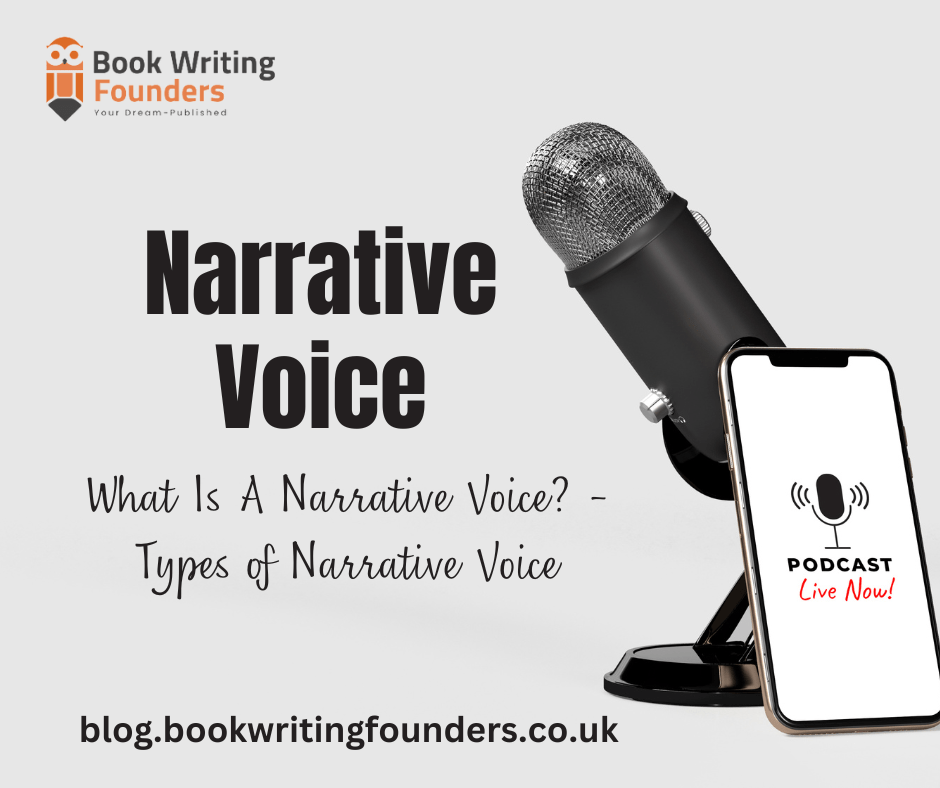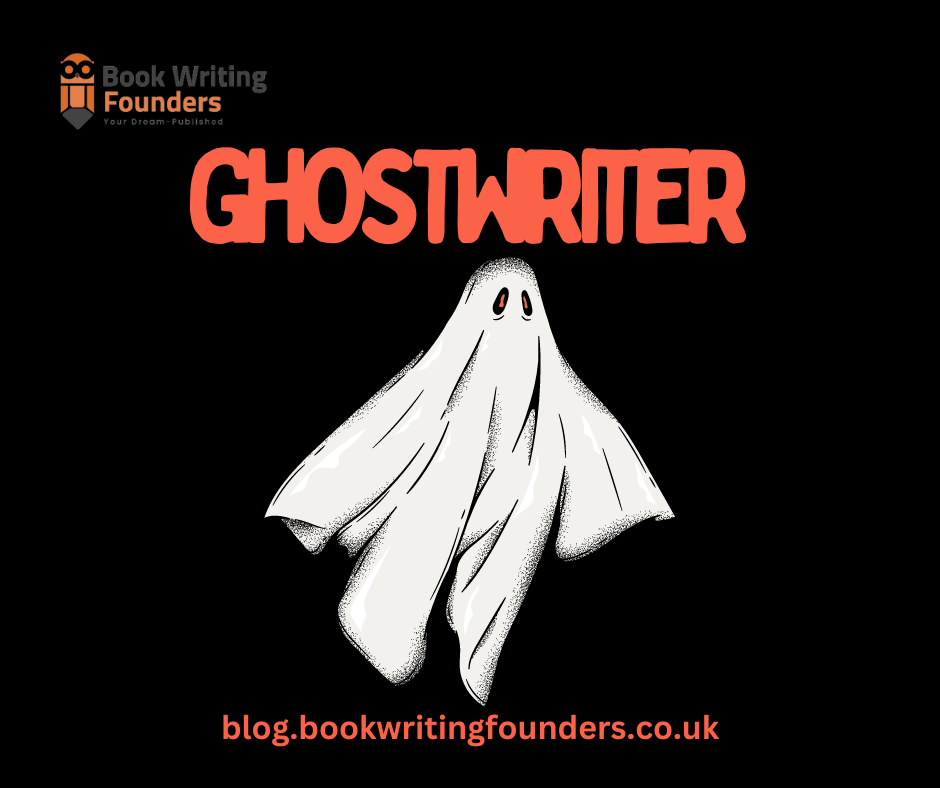
Writer
Bid writing plays a crucial role in the success of businesses and organizations that compete for contracts and projects. It involves the creation of compelling proposals that showcase a company’s capabilities and convince clients to choose its services or products. In this article, we will explore what bid writing entails, the skills required for effective bid writing, key elements of a winning bid, the bid writing process, the benefits of hiring a bid writer, and some challenges faced in bid writing.
What is a bid writer?
Bid writing is preparing and submitting compelling proposals to win contracts, secure funding, or gain business opportunities, as detailed in What is a Bid Writer and How to Become One. It requires strategic thinking, persuasive writing, and attention to detail. Bid writers are responsible for researching, analyzing, and understanding the requirements of a bid and then crafting a proposal that effectively showcases the organization’s capabilities and value proposition.
Bid writers work across industries from healthcare to technology to finance. They advise how organizations can effectively communicate their strengths to win against competitors. The goal of bid writing is to present an effective argument in favor of your organization and position it as the best choice for winning the contract or opportunity.
The Role of a Bid Writer
A bid writer plays a crucial role in the success of an organization by securing new business opportunities. Their primary responsibilities include:
- Researching and identifying suitable bid opportunities, a key step that can be learned through How to Become a Bid Writer.
- Understanding the requirements and expectations of the bidding organization.
- Collaborating with internal stakeholders to gather the necessary information.
- Writing persuasive and tailored proposals that address the bid requirements is essential, much like crafting a marketing content strategy.
- Proofreading, editing, and formatting the proposal to ensure clarity and professionalism.
- Managing deadlines and submitting the proposal on time.
- Evaluating the outcome of bids and identifying areas for improvement.
Skills and Qualifications
To excel as a bid writer, certain skills and qualifications are essential. These include:
- Strong research and analytical abilities. If you want to write bids for fiction writing for your client, you should have a basic understanding of the fiction genre.
- Attention to detail and the ability to work with complex information.
- Time management and organizational skills.
- The ability to work under pressure and meet deadlines.
- Knowledge of the bid writing process and industry-specific terminology.
- Excellent written and verbal communication skills.
Understanding the Bid Process
The bid process has several stages that require the expertise of a bid writer. These stages are:
Researching and Analyzing Opportunities
The first step in writing winning bid proposals is to research and analyze opportunities. This means you’ll need to learn as much as possible about the company, its goals, problems, and what it will take to solve them.
Understanding Your Client’s Business
You’ll want to understand the client’s business so well that you can anticipate their needs before they are even aware. Doing this lets you offer solutions before they realize they have a problem.
Crafting a Winning Proposal
The purpose of a bid is to win the business. To do that, your bid must present a compelling case for why you are the best choice for the job. It should explain how you can meet the client’s expectations — and deliver a quality product or service at an acceptable price.
There are four basic steps to crafting a winning proposal:
- Define requirements. Do your research! Determine what your client wants and needs so you can clearly state it in your bid.
- Create a scope of work. Your scope must include every aspect of the project, including any special requirements, such as safety precautions or environmental considerations.
- Develop a budget. You must know exactly how much time and money will be involved in completing each project phase or providing each service outlined in your scope of work.
- Create a timeline for completing each project phase or providing each service outlined in your scope of work (if applicable). Your timeline should include key milestones and checkpoints so that both parties know what to expect from one another — and when it will happen.
Becoming Familiar with Your Competition
Becoming familiar with your competition means learning everything there is to know about them. Who are they? What are their strengths? What are their weaknesses? How do they position themselves against your client’s products or services like biography writing? How do they market themselves? What kind of track record do they have? The more you know about your competitor’s strengths and weaknesses, the better prepared you’ll be when it comes time for negotiations with your client’s company.
Collaborating with Stakeholders
Bid writers work closely with people inside the company who have a stake in the plan to get information. This means working with experts, sales teams, and top management to figure out what the organization can do, what it has done well in the past, and what its goals are for the future. Effective collaboration ensures that the proposal shows that the organization’s strengths are well understood and meet the bid standards.
Proofreading and Editing
Before sending a bid proposal, the person who wrote it proofreads and edits it carefully. They ensure it has no spelling mistakes, typos, or things that don’t make sense. They also work on making the plan clearer and easier to read to make it more convincing. Book Writing Founders UK can help you with proofreading and editing.
Compliance and Legal Requirements
Bid writers need to know the rules and laws about bid entries and how to follow them, ensuring compliance as outlined in the Council of Mortgage Lenders (CML) Handbook. They ensure the plan meets all the requirements, such as having the right paperwork or certifications. By following compliance standards, bid writers show that they are skilled and reliable, which makes it more likely that they will win the bid.
Challenges for People Who Write Bids
Writing bids isn’t always easy. Some of the most common problems are:
- Short amounts of time and tight goals.
- There is a lot of competition from other businesses.
- Changing to meet the needs of different bids and businesses.
- Keeping up with laws and compliance standards that change.
- Keeping track of various bids at the same time.
- Figuring out what people want and getting the details you need.
Essential Elements and Detailed Insights
| Main Topic | Key Aspects | Details |
|---|---|---|
| Bid Writing Overview | Definition, Importance | Introduction to bid writing, its significance in business success |
| Role of a Bid Writer | Responsibilities, Skills Required | Key functions, skills and qualifications needed for a bid writer |
| The Bid Writing Process | Stages, Techniques | Steps involved in bid writing, techniques for crafting proposals |
| Understanding the Client | Client Needs, Business Understanding | Importance of understanding client requirements and business context |
| Competitive Analysis | Identifying Competitors, Strategies | How to analyze competition and develop strategies |
| Collaboration and Compliance | Teamwork, Legal Standards | Importance of internal collaboration and adhering to compliance |
| Challenges in Bid Writing | Common Issues, Solutions | Overview of challenges and ways to address them |
Conclusion
Bid writers are important to organizations because they help them get important contracts, funding, and business chances. For success, it’s important that they know how to write persuasive proposals, understand bid standards, and work with stakeholders. By learning how to write bids well, professionals can make a big difference in the growth and competitiveness of their company.





